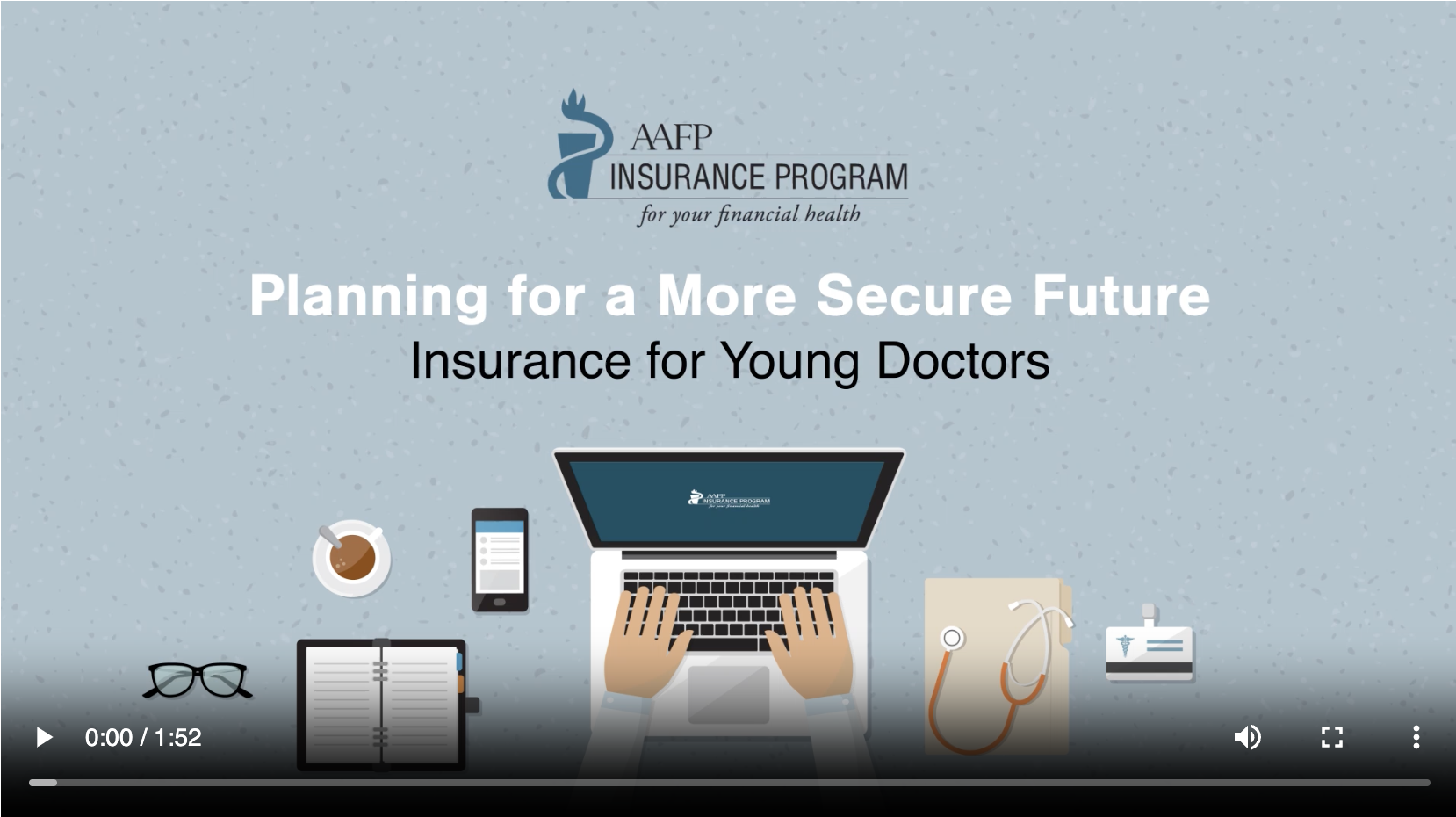Involving Friends and Family
This may sound like a no-brainer, but relying on the wallets of friends and family is a common money mistake. Asking your parents, siblings, distant relatives or old college roommates for loans is risky business that can potentially damage relationships if either party decides not to pay up or pay back. If borrowing money from your loved ones is your last resort, make sure you deal with cash since it won’t ruin your credit score, only borrow what you know you can pay back, and get the loan agreement in writing.
Heavy Spending
It’s no secret that doctors can earn a lot of money. It’s also no secret that doctors aren’t always the best financial planners in the world. Most of their time and energy is spent on the patient side of a medical practice and not so much the financial side. Many docs who make a comfortable living tend to spend their money on luxury items like cars, homes, and vacations. But this kind of lifestyle may not be sustainable in the long run, especially if they are not saving any money. This brings us to the next money mistake…
Not Saving Enough, Early Enough
Opening a savings account and regularly adding funds to it may have been left on the back burner during your med school days, but now’s the time to revisit that concept. If you haven’t been saving money early on in your career, you may be at a financial disadvantage. To get back on track, determine a comfortable amount you are willing to put aside from each paycheck. Next, try and pinpoint waste and inefficiencies within your medical office, to save even more money in your practice.
Declaring Bankruptcy
If your finances are in a complete and utter mess, you may feel like bankruptcy is your only option. While filing for bankruptcy may sound like a good idea at first, consider the long term effects. For starters your credit will be ruined making it difficult for you to get a car loan, take out a mortgage, or get another credit card. Bankruptcy may ease your financial woes for a certain period of time, but declaring bankruptcy also affects the companies and individuals you borrowed from – leaving them to make up the loss. Avoid bankruptcy all together through debt consolidation, restructuring your mortgage or selling your property. These solutions may come with major sacrifices, but it’s worth it if you want to rebuild the health of your finances.
Lack of Retirement Planning
A major financial plunder that family physicians make is tapping into their retirement fund long before they need to or retiring too early. Remember that our population is living longer which means your income will need to last you longer. Revisit your finances and analyze your current spending habits to see if you can sustain your lifestyle well after retirement. To learn more about how you can have a comfortable and financially fit retirement, check out our blog post on what family physicians need to know regarding retirement planning.
Ditching Disability Insurance
Perhaps the worst mistake on this list, physicians who skimp on buying disability insurance are putting their career and their family at serious financial risks. Not buying D.I. on the first day of your residency could be a major misstep. Young physicians who have never purchased D.I. before should check their employer-provided disability coverage to see what is or isn’t covered. For physicians who have a few years under their belt and a family to take care, a disability could have a devastating impact on your life which is why it’s important to purchase disability income insurance as early on in your practice as possible. Remember, anyone can suffer from a disability and it doesn’t necessarily have to happen on the job. If your income becomes compromised due to an injury or illness, disability insurance will help you be financially prepared for the unexpected.
Gambling on a Financial Adviser
While there may be a shortage of family physicians, there is no shortage of financial advisers looking to take your money. It’s difficult to find a financial planner that you trust. It’s important to know as much about your adviser as possible such as how are they paid, how much, and is it a fair price? If these questions can’t be answered then your investments, properties and accounts could be in jeopardy. Be on the lookout for a financial adviser that can walk you through your portfolio so you can better understand how your money can work for you.
Money management can be difficult, especially if you have the busy lifestyle of a family physician. Remember these tips the next time you look at your bank statements or pay check so you can avoid making these common money mistakes.




